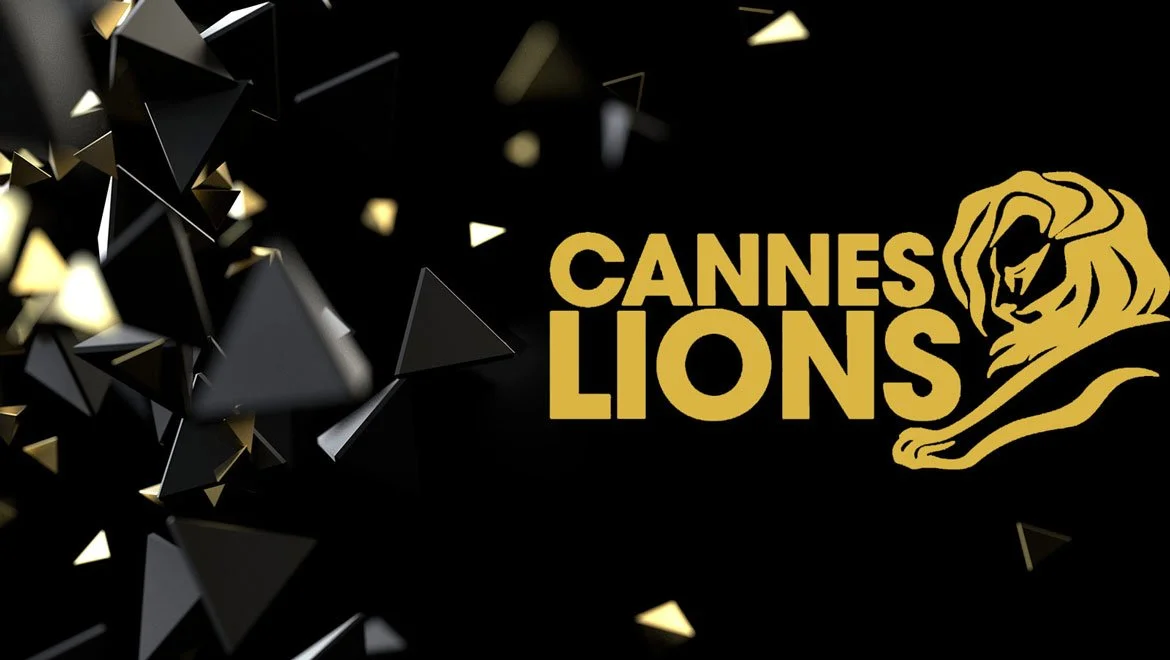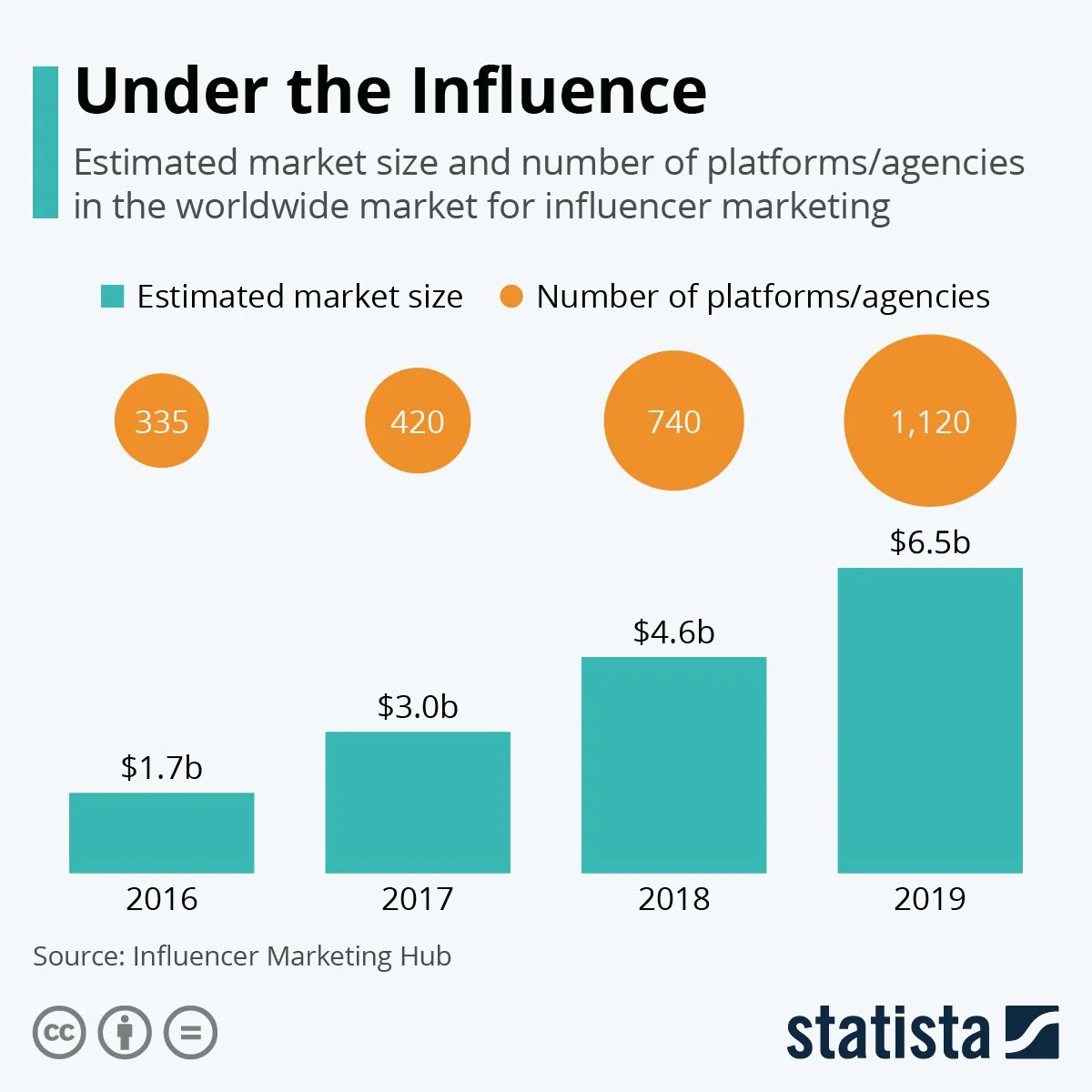
Influencer Marketing in the Real World
Advertising is a One Trillion Dollar Business - Influencer Marketing is one of the fastest growing segments. My insights from The Cannes Ad Festival 2024.
Cameron McLean
Two months ago, as part of my third year interning with Givsly, a company specializing in helping businesses incorporate social responsibility into their marketing and advertising strategies, I had the truly invaluable opportunity to attend the 2024 Cannes Lions International Festival of Creativity, also known as the Cannes Ad Festival. For those who arent familiar with the Cannes Ad Festival, The Cannes Ad Festival is like the Oscars for the advertising world. It's a prestigious event where the best and most creative minds in advertising come together to celebrate, learn, and network. The Cannes Ad Festival is a major networking event where professionals from agencies, brands, media companies, and tech firms come together. It's a place to connect, collaborate, and discuss the latest industry trends, making it a key event for anyone serious about a career in advertising. Cannes Lions isn't just about selling products; it's also about the role of advertising in culture. Many of the campaigns recognized at Cannes address social issues, raise awareness, and inspire change, demonstrating how powerful creative work can be.
During this trip, Givsly partnered with UTA, one of the world's largest talent agencies, and ZCon, a Gen Z-led conference bringing together business leaders, marketers, and Gen Z influencers to discuss trends, challenges, and opportunities. Together, they hosted an event in the Givsly Impact Hub—an interactive space where like-minded individuals can exchange knowledge and solutions for marketing and advertising. Being able to listen in on some of the panels held by ZCon was very enlightening and gave me a much better understanding of influencer marketing from the perspective of the marketer. As both a student of business and marketing at Emerson College and a young person who is quite active on social media, my personal view on influencer marketing is rather complex due to what I know from learning about how influencer marketing works and from experiencing influencer marketing first hand. Influencer marketing has emerged as a powerful tool for businesses to connect with consumers, but its effectiveness is contingent upon a delicate balance between authenticity, commercialization, and ethical considerations. By understanding the perspectives of both marketers and consumers, the industry can navigate its challenges and maximize its potential.
Lets first define what an influencer is in context of this paper. An influencer is an individual who has cultivated a significant following on one or more social media platforms, capable of influencing the purchasing decisions and behaviors of their audience. This influence translates into a valuable asset for brands seeking to connect with consumers authentically. While some influencers have achieved fame through traditional channels, the rapid rise of digital platforms has created a new breed of influencers who have leveraged their online presence to build lucrative careers. Influencer marketing is already a multi billion dollar sector within the marketing industry. From a survey conducted by the University of Chicago, Lauren Delaney reports that "82% of respondents report having a specific budget for influencer marketing in 2023, an increase from the prior year of 77%" (Delaney 2024).
To fully comprehend the phenomenon of influencer marketing, we must examine it through both the lens of the marketer and the consumer. From a consumers perspective, consumers interact with influencers on a personal level. They develop parasocial relationships, feeling a sense of connection and trust with these digital personalities. Influencers shape consumer preferences, trends, and aspirations. On the other hand, influencers represent a powerful channel for marketers to reach target audiences in an authentic and engaging manner. By partnering with influencers who align with their brand values, marketers can leverage their influence to drive brand awareness, consideration, and ultimately, purchase decisions. However, the challenge lies in selecting the right influencers, measuring return on investment, and ensuring that sponsored content resonates with the target audience without appearing inauthentic. It's essential to understand the psychological factors that drive consumer engagement with influencers, such as the desire for social belonging, admiration, and self-enhancement. Additionally, exploring the impact of influencer culture on consumer behavior, particularly among younger generations, can provide valuable insights into the evolving dynamics of the marketplace.
The dynamic between influencers and their audience is complex and constantly evolving. As consumers become increasingly savvy, they are better equipped to discern authentic endorsements from mere product placements. This shift in consumer behavior necessitates a more nuanced approach to influencer marketing. Marketers must prioritize building genuine relationships with influencers whose values align with their brand, rather than simply chasing followers. Furthermore, the ethical implications of influencer marketing cannot be ignored. Issues such as misleading advertising, privacy concerns, and the impact on body image and self-esteem require careful consideration. It is imperative for both influencers and brands to operate with transparency and integrity to maintain trust with consumers.
As the landscape of influencer marketing continues to evolve, it is essential to approach it with a critical eye. By understanding both the marketer's and consumer's perspectives, we can harness the power of influencer marketing while mitigating its potential drawbacks. By fostering authentic connections between brands and consumers through influential figures, we can create mutually beneficial partnerships that drive success in the digital age. Ultimately, the future of influencer marketing lies in its ability to adapt to changing consumer behaviors and expectations. By prioritizing authenticity, transparency, and ethical practices, the industry can continue to thrive and contribute positively to the marketing landscape. While I recognize that influencer marketing is the next big thing in the marketing world, I had some of my own observations that have impacted my view of influencers and influencer marketing as a whole. One thing that I noticed among some of the influencers present was this arrogance that was not earned. I felt that their following alone did not justify their perceived arrogance. From a business standpoint, these observations suggest that influencer marketing is still in the process of refining its approach for optimal commercial impact. Although there is undeniable potential for return on investment, the industry is navigating the balance between the genuine, creative essence of influencers and the structured, results-driven expectations of the business world. As influencer marketing continues to evolve, it is essential for businesses to carefully evaluate the authenticity and alignment of influencers to maximize their return on investment.
The realm of influencer marketing is a complex tapestry woven with threads of creativity, commerce, and consumer trust. While the potential for significant impact is undeniable, the industry is still in its formative stages, grappling with issues of authenticity, measurement, and ethical responsibility. My experience at Cannes and subsequent reflections highlight the need for a more critical perspective on influencer marketing. While influencers undoubtedly hold sway over consumer behavior, their role must be carefully calibrated within the broader marketing ecosystem. It is imperative to move beyond the superficial allure of follower counts and engagement metrics, and instead focus on building genuine relationships and delivering tangible value. By fostering a culture of transparency, accountability, and ethical conduct, the influencer marketing industry can mature into a powerful and sustainable force. Ultimately, the success of influencer marketing will hinge on its ability to evolve alongside consumer expectations. By striking a delicate balance between creative expression and commercial objectives, the industry can harness the full potential of influencers to drive meaningful connections and positive outcomes for both brands and consumers.
Work Cited:
Buchholz, Katharina, and Felix Richter. “Infographic: Influencer Marketing Becomes Multi-Billion Dollar Business.” Statista Daily Data, August 28, 2020. https://www.statista.com/chart/22744/market-size-number-of-agencies-in-influencer-marketing-worldwide/
Cannes Lions International Festival of Creativity. Accessed August 26, 2024. https://www.canneslions.com/.
Delaney, Laura. “The Rise of Influencer Marketing Educational Article Resource.” Concordia University Chicago, March 6, 2024. https://career.cuchicago.edu/the-rise-of-influencer-marketing/
Influencer Marketing Hub. “The State of Influencer Marketing 2021: Benchmark Report.” Influencer Marketing Hub, June 24, 2024. https://influencermarketinghub.com/influencer-marketing-benchmark-report-2021/



